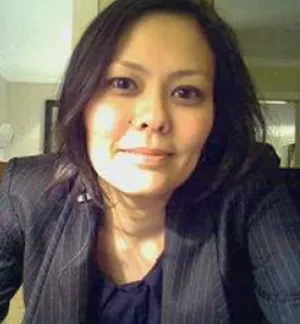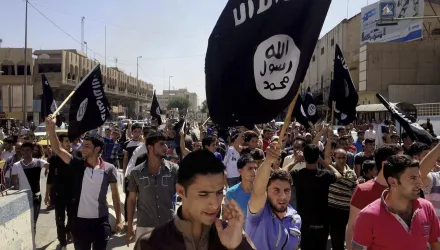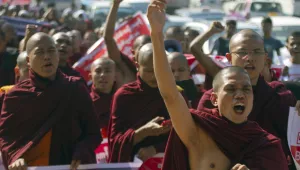Results and Rankings 2009
Prior editions of the Index assessed governance in the forty-eight countries of sub-Saharan Africa. This year, we have expanded our coverage to include North Africa (Algeria, Egypt, Libya, Morocco, and Tunisia) based on comments from our readers who highlighted the importance of assessing governance in all countries on the continent and all members of the African Union. This year's Index assesses all African Union countries except Western Sahara. Because Western Sahara is not recognized by many countries outside of the African Union, there is insufficient information on its governance available at this time. In addition, the 2009 Index provides a new assessment of Morocco, the only country on the continent that is not a member of the African Union.
The Index is updated annually. This includes updating the sources of information for the indicators in our Index in order to use the best data currently available. Unlike many other projects, we also update the Index backward in each year; all data for all years are presented using the latest available sources. This allows the Index to be used to demonstrate comparatively how each of the fifty-three countries has shown progress or has retrogressed over time.
In focusing on its five categories, the Index takes a broader view of governance than some other projects that treat governance as relating only to the rule of law, democracy, and human rights. This narrow definition of governance is essentially what is called "political governance" in the African Peer Review Mechanism (APRM). Defining "good governance" as equivalent to good political governance, we argue, is too narrow. It ignores the central responsibilities of state governments to provide safety and security, as well as to provide for a basic level of well-being for their citizens. Moreover, our African advisors insist that the broader categories reflect African governmental performance more accurately and fully.
The importance of socio-economic rights, in addition to civil and political rights, is highlighted in the African context. Indeed, the African (Banjul) Charter on Human and Peoples' Rights notes that "civil and political rights cannot be dissociated from economic, social and cultural rights in their conception as well as universality and that the satisfaction of economic, social and cultural rights is a guarantee for the enjoyment of civil and political rights." Similarly, the APRM includes socio-economic development and economic and corporate governance, in addition to political governance, among its four focus areas. In the 1995 Cairo Agenda for Action, Heads of State and Government of the Organization of African Unity (OAU) highlighted the close relationship between "peace, democracy, and development," noting that "democracy, good governance, peace, security and justice are among the most essential factors in African socio-economic development."
To read the entire opening essay to the 2009 Index of African Governance, "The Meaning of Governance: Ranking Africa", please click below on the link with the same name.
The 2009 Index of African Governance Press Release and Press Packet.
Rotberg, Robert and Rachel Gisselquist. “Strengthening African Governance: Index of African Governance.” World Peace Foundation, October 1, 2009







